Education

The Pediatric Pulmonary Fellowship Training Program produces outstanding and compassionate clinicians who become future academic leaders, innovators, and educators in pediatric pulmonary, cystic fibrosis, and sleep medicine. The three-year program is accredited by the ACGME and provides a flexible curriculum for fellows to pursue scholarly work of their interest.
Skip to Section:
About the Program
We provide a rigorous, inclusive, and supportive training environment that:
-
Develops superior clinical skills with an emphasis on patient-centered, interdisciplinary, longitudinal, and evidence-based care.
-
Stimulates intellectual curiosity and critical thinking by offering a broad range of scholarly opportunities in basic science, clinical, translational, epidemiologic, and health systems research.
-
Fosters individual passions by providing personalized support and effective mentorship.
How to Apply
The Pediatric Pulmonary Fellowship Training Program accepts one new trainee each year. Applicants must have an MD degree from an accredited institution and must be board-eligible or board-certified by the American Board of Pediatrics. The fellowship accepts applications from U.S. citizens through the Electronic Residency Application Service (ERAS).
We begin reviewing completed applications in August. Selected applicants will then be invited to interview, meet with our faculty and fellows, and tour the facilities. We typically schedule interviews in August through October and participate in the National Resident Matching Program's (NRMP) Fall Pediatric Subspecialties match.
To apply, submit the following through ERAS:
- MyERAS application
- CV
- Three letters of recommendation (one from residency director)
- Personal statement
- Medical school transcript
- Wallet-size photograph
- USMLE transcript (transmitted by the NBME)
- ECFMG status report (for international medical graduates only)
Curriculum
Year 1
The first year emphasizes clinical training to develop the knowledge and skills required to evaluate and manage acute and chronic respiratory disorders spanning birth to young adulthood. Fellows lead a busy inpatient consultation service that serves all areas of UCSF Benioff Children’s Hospitals.
Overnight pager call is taken from home. Fellows take one weekend a month and one major holiday each year.
Fellows are expected to take on an increasing role in leading family meetings to provide updates and to help formulate short- and long-term care plans. Fellows play an active role in teaching residents and medical students in a variety of forums (morning report, family-centered rounds, noon conference, ward teaching sessions).
Flexible bronchoscopy procedures are performed in the operating room and at the bedside; cases are frequently coordinated with colleagues from Otolaryngology, Gastroenterology, and Cardiology. Fellows frequently participate in formal multidisciplinary conferences with the PICU (Critical Care Boards), NICU (Severe BPD Rounds), and Otolaryngology (Tracheostomy Rounds) to discuss complex patients.
The Outpatient rotation focuses on developing competency in pulmonary function test interpretation, sleep medicine (including basics of polysomnography interpretation), home invasive and non-invasive ventilation management, and respiratory care (tracheostomy tube management, supplemental oxygen and aerosol therapies, airway clearance therapies).
Exposure to research and quality improvement also begins with protected time to allow fellows to explore potential research opportunities, meet with potential mentors, and make preliminary preparations (apply for extramural funding, obtain Institutional Review Board approval, collect pilot data) to efficiently transition into the second year of training.
Years 2-3
The second and third years are devoted to scholarly education and training, including basic science, clinical, translational, epidemiologic, or health systems research. Each fellow is expected to complete a scholarly project that is accepted for presentation at a national meeting or for peer-reviewed publication. Fellows receive education and mentoring in quality improvement and are required to actively participate in group and individual projects.
Clinical activities in the second and third years include additional time on the inpatient pulmonary consult service and continued participation in ambulatory clinics. There is an emphasis on developing independence in medical decision-making, honing interdisciplinary team leadership skills, and gaining further experience providing medical education to other trainees and disciplines.
Clinic (Years 1-3)
Fellows attend their own continuity clinics where they are expected to take primary responsibility for a cohort of patients throughout training. The program places a strong emphasis on providing comprehensive and longitudinal care.
Fellows also participate in cystic fibrosis and several specialty clinics (Sleep, Neuromuscular, Tracheostomy-Ventilator, Aerodigestive, and Bone Marrow Transplant) to gain hands-on experience with multidisciplinary teams and complex care management. Pre-assigned faculty members provide close supervision and teaching.
Teaching Conferences
Fellows participate in a wide range of scheduled conferences to broaden their medical knowledge base:
- Weekly Fellow’s Conference
- Didactic lectures
- Novel and challenging cases
- PREP questions
- Journal club
- Fellow and faculty scholarly works-in-progress
- Morbidity and mortality
-
Monthly physiology conference (“Coughee Break”)
-
Monthly Western States Pediatric Pulmonary Case Conference
- Quarterly Pediatric Fellow’s College
- Mandatory professional development workshops for pediatric fellows in the areas of career development, research, teaching, education, and leadership
- Graduate programming to address the different skill development needs as fellows progress from Year 1 to Year 3 of training
-
Quarterly Problem-Based Learning Conference
- Annual joint pediatric and adult Cystic Fibrosis Center retreat
- Annual professional meetings
- North American Cystic Fibrosis Conference
- American Thoracic Society International Conference
Program Leadership
Program Director
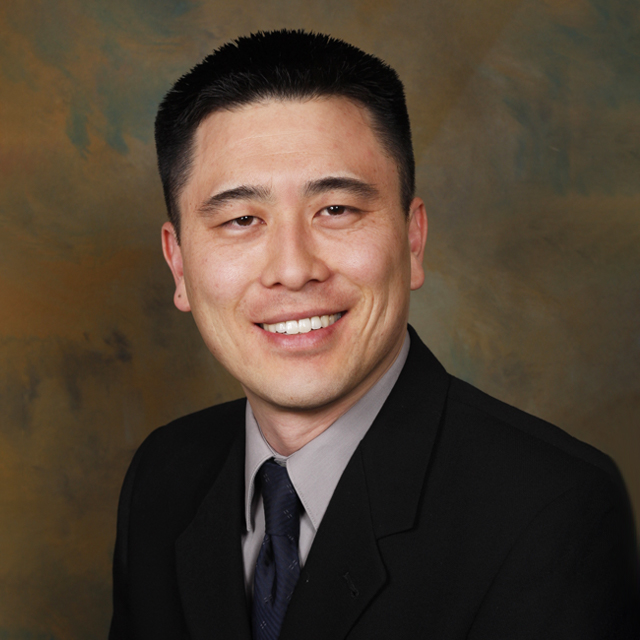
Kensho Iwanaga, MD, MS
Fellowship Program Director
[email protected]
Associate Program Director
Ruth Siew, MD
Associate Program Director
[email protected]
Division Chief
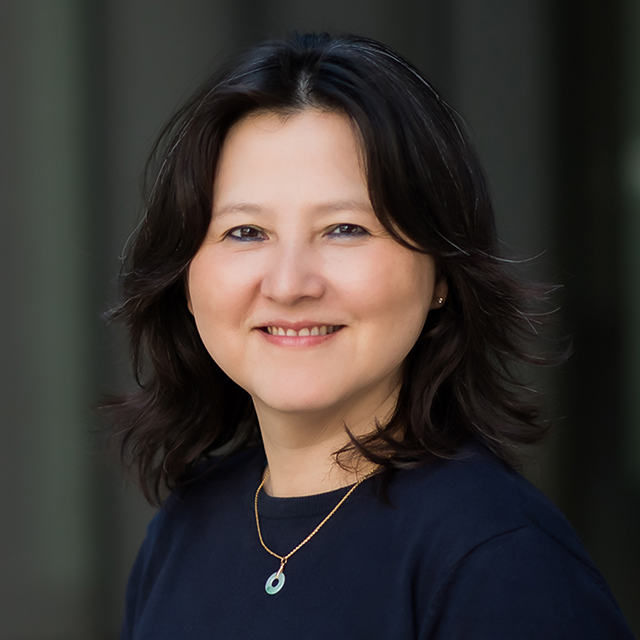
Ngoc Ly, MD, MPH
Division Chief
[email protected]
Program Manager
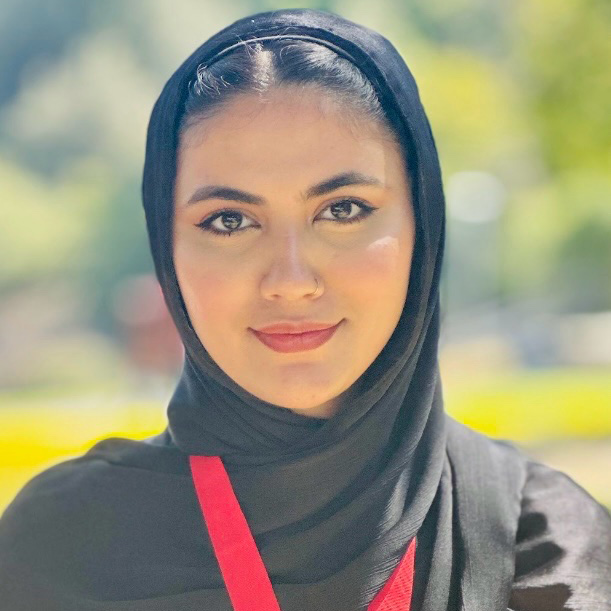
Laiba Ghufran
Program Fellowship Manager
[email protected]
Current Fellows
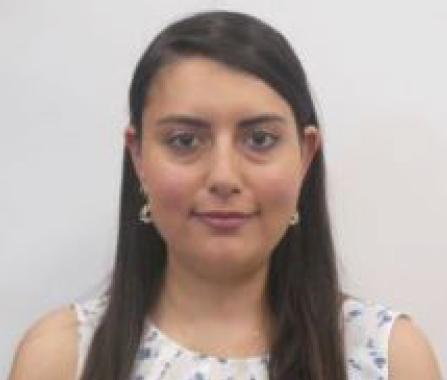
Layla Makahleh, MD
Training Period: 2025-2028
Medical School: University of Jordan Faculty of Medicine
Residency: SUNY Downstate Health Science University
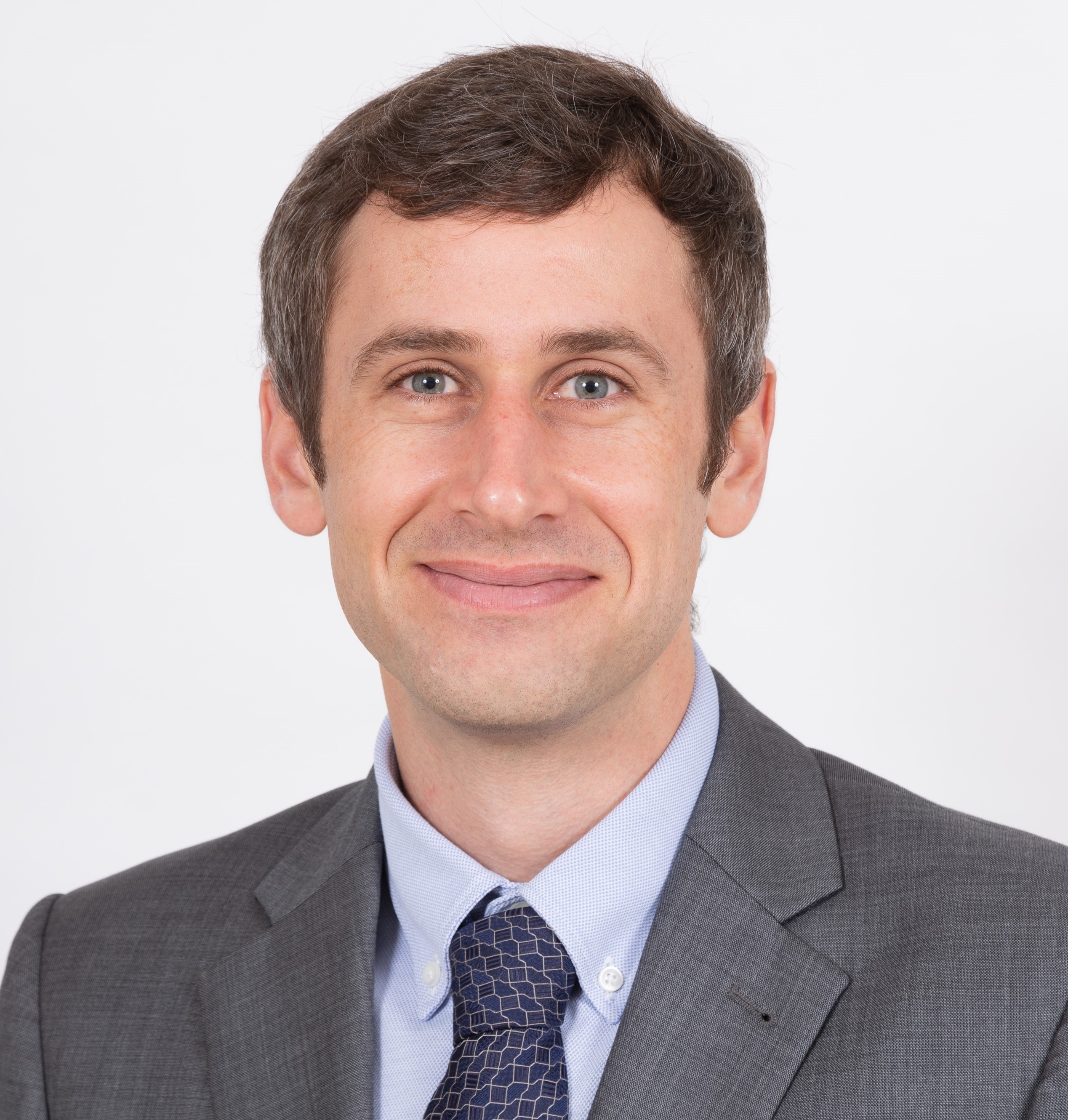
David Berman, MBBS, MS
Training Period: 2025-2028
Medical School: Guy’s, King’s and St Thomas’ School of Medical Education
Residency: Johns Hopkins Hospital
Hanon Alex Pozez, MD, MS
Residency: Maimonides Medical Center
Research Mentors: Yao Sun, MD, PhD, Gwynne Church, MD, and Janet Shimotake, MD
Research Project: Custom 3-D Printed Non-Invasive Positive Pressure Ventilation Masks and a Survey to Examine Age of Transfer and Overall Transition Process from Pediatric to Adult CF Programs
